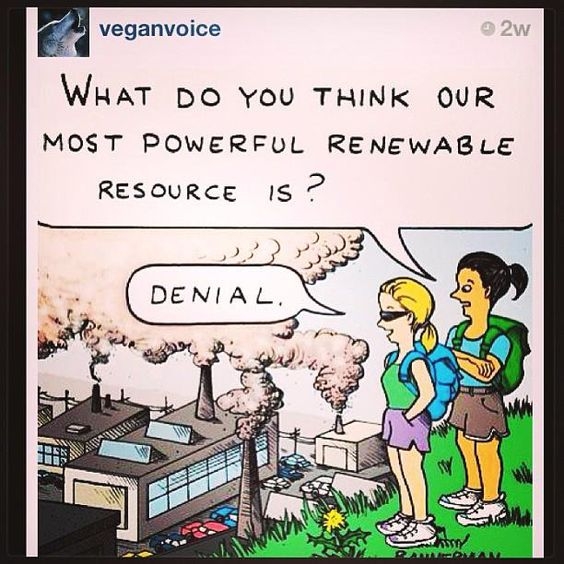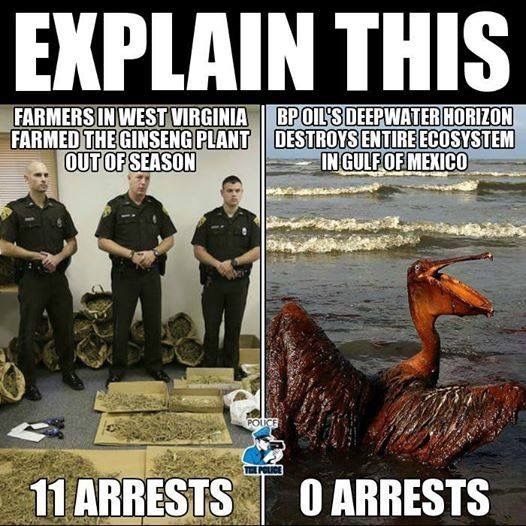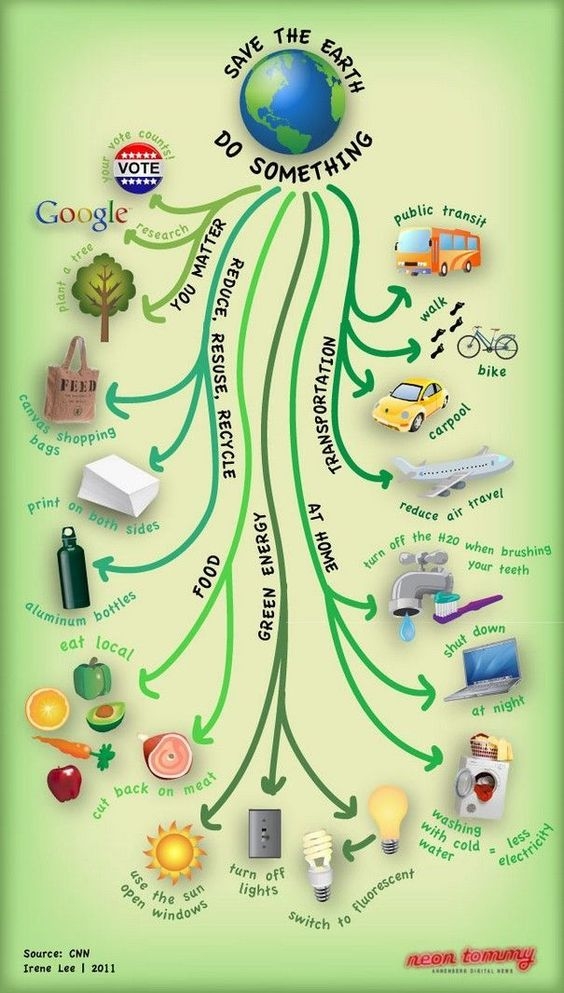Opinion & Analysis / 27 November 2018, 3:53pm / EBRAHIM HARVEY

I
cannot believe Mineral Resources Minister Gwede Mantashe is the same
man I first met when we were both in trade unions in the 1980s.
He was then a militant and powerful National Union of Mineworkers
(NUM) shop steward in Welkom. Today the man is hardly recognisable.
But this is what often happens when people ascend to positions of
authority. There can be no doubt that obtaining such power – in this
case going from a miner to a cabinet minister – has changed him.
There is ample global and historical evidence of what happens when
people ascend to such positions. They are softened or compromised by the
material, financial and other seducements that go with power.
Last week Mantashe bemoaned the Pretoria High Court ruling in the heated Xolobeni mining dispute. The court ruled in favour of the Amadiba Crisis Committee which objected to his ministry granting a licence to an Australian mining company, Transworld Energy and Mineral Resources, without the consent of the community.
In a precedent-setting case, Judge Annali Basson ruled that the company and the Department of Mineral Resources could not run roughshod over the concerns the Xolobeni community has with mining in the area, and that it could not proceed unless it had the consent of the community.

This is not the only case in which communities are up in arms over
mining operations; similar struggles are going on elsewhere.
The
thing that unpleasantly surprised me is that, as the former leader of
the NUM, Mantashe knows of the atrocious record of mining companies and
the burdens they inflicted on miners and their communities.
Miners, especially migrant workers, their families and communities
have been exploited and abused for decades. This is besides the harmful
consequences mining has on the immediate environment and health of
nearby communities.
The main gripe Mantashe has with the judgment is that it will mean
his ministry will no longer have an untrammelled right to grant licences
without the consent of affected communities. Is that not what he would
have insisted on if he was still the NUM leader?
What should be seen as a huge victory for working-class mining communities, he sees as a bad judgment.
Mantashe is opposed to affected communities having the power to stop
mining which they are not happy with. He is basically saying the
granting of licences is a government decision, which those communities
don’t have a right to interfere with.
But how can a former mineworkers’ leader argue like that, and thereby disregard and disrespect the feelings of the community?
Instead he wants the community to yield to the power of the government and mining companies.
Mantashe forgets that the Xolobeni community’s opposition is born
out of the experiences black miners and their communities have had with
the mining companies whose interests were often overwhelmingly
exploitative.
In fact he has not only forgotten his roots, he is acting against
the interests of the community which arise. It is no exaggeration to
state that local and foreign mining companies have devastated black
communities for too long.
What the Xolobeni community is therefore asserting is their right to
fight for their own interests, especially in a supposed post-apartheid
South Africa.
Mantashe fails to realise that the Xolobeni victory
has positive and inspiring implications for miners, their families and
related communities.
He should have joined the jubilant celebration outside the court
following Basson’s decision. Instead, he was probably inconsolably
depressed in his office in Parliament. But this is a manifestation of
the vicissitudes of struggle and politics.
It is sad to see Mantashe support the licensing of the company, but chastise the court decision favouring the community.
That sums up the growing distance between the ruling ANC and its mass support base for more than a decade.
Richard Spoor, the lawyer representing Xolobeni residents, was assaulted by police, arrested and charged.
The ANC’s jackboot has countless times been seen in clashes between
community protesters and the police. This is the ugly face of the
post-apartheid ANC that black people never thought they would see before
1994.
Besides, research will show mining communities have benefited little from the royalties the mining companies pay the state.
Increasingly, Mantashe looks more like a company representative than a former leader of mineworkers.















































